A case of Mileage entitlement for civil servants: An unwarranted compensation?
Bureaucracy is an important administrative machinery of the state. Tasked with the roles of administration, providing policy advice, articulating interests, and ensuring political stability (Heywood, 2002), civil servants organised in multi-layered chain of commands oversee the everyday operation of the state’s administrative mandates. Tobgye (2014) espouses the role of Bhutanese civil servants as advisers, providing stability and continuance of government services in democratic Bhutan.
Entrusted with these overarching responsibilities, civil servants in Bhutan on an average enjoy good package of entitlement (salary, allowances, retirement benefits, welfare schemes, and travel abroad for capacity development). Partly attributed to this package along with the job security, every young graduate’s aim is to get into civil service. Further, every problem confronted by civil servants is taken care of as evidenced by the case of mileage entitlement in fall 2016.
The Bhutan Civil Service Rules and Regulations (BCSR) 2012, section 16.6.6 mandated, “In order to claim mileage, a civil servant shall submit a copy of the Registration Book indicating that a civil servant or his spouse owns a vehicle.” This was felt as a problem. The Royal Civil Service Commission through its notification dated 29/9/2016 stated, “This has become a problem for civil servants who want to claim the entitlement but do not own a vehicle as it precludes other possibilities such as hiring, sharing etc.” In order to solve the foregoing problem, section 16.6.6 of BCSR 2012 is amended as, “A civil servant shall be eligible to claim mileage as per position level without having to produce vehicle registration documents.”
Mileage as a package with all requirements fulfilled can be an entitlement but not on its own. By this amendment, a civil servant on tour within the country, whether taking a private car or public transport, on reaching the destination are entitled for mileage (Personal Communication, 2016). The only pre-requisite is to reach the destination. In absence of definition of mileage in the BCSR 2012, the Oxford Advanced Learner’s Dictionary (8th Edition) defines mileage as, “The distance that a vehicle has travelled, measured in miles.” This gives an impression that mileage entitlement is for use of fuel and wear and tear, if any.
How does it become a problem then? Taking a private car, refuelling and having to bear some maintenance charges in discharging state’s administrative functions, yes, it is due. On the other hand, taking a public transport (less likely) or taking lift in colleague’s or friend’s car and claiming mileage is unjustifiable. How this is related to amended provision of BCSR 2012? The initial provision helped assess the authenticity of the car used, at least in documents. Getting the vehicle documents sealed/stamped by Road Safety and Transport Authority (RSTA) officials en route to official on duty’s travel would have helped authentic the genuine claims. Instead, the amended provision gives leeway to claim mileage even by those who does not actually take cars – an warranted compensation, giving rise to ethical and moral crisis.
The proponents of the amendment would say, it is an entitlement. Every entitlement has to have not only legal but also moral/ethical basis. In addition, the amendment would help dissuade civil servants to buy cars which otherwise would add pressure to Bhutanese road infrastructure, produce smog and cause pollution and affect our already negative balance of payments. It still does not justify the morality and ethics because ‘means‘ should justify ‘ends‘.
Giving a naked interpretation to the amended provision, all civil servants, unless one questions morality, can now claim mileage. The practice of Zhabto Lemi deserve some study.
People in the villages are required to contribute labour for community development such as, ‘renovation and maintenance of community primary schools, irrigation channels, Basic Health Units, farm roads…(Zhabto Lemi Act, 1996). Based on the Principle’s of people’s participation, local self-reliance and decentralised decision making, the practice continues despite an attempt to repeal and revise by the First Parliament of democratic Bhutan ended in kind of a deadlock (National Assembly passed a resolution that it be repealed but some parts be retained to which the National Council opined, in such scenario, it is not repealing but amending). Amidst this differences and inconclusive fate of Zhabto Lemi, villagers on the command of community leaders attend the Zhabto Lemi casting aside their farm work – their source of livelihood. The National Assembly acknowledging that the Zhabto Lemi have become a problem, invoked, Article 7 Section 11 of the Constitution of Bhutan which states that, “A Bhutanese citizens should have the right to equal pay for work of equal value” (Resolution XX (5), Second Session, National Assembly, 2009).
If Zhabto Lemi is for community development projects, it need not be paid. Civil Servants go for tour as a part of their job to which they get separate Daily Allowance (DA) which is a different entitlement from monthly salary and mileage. People in the villages take packed lunches to render community service euphemistically categorised as ‘Zhabto Lemi’. National Assembly also justified the need to continue such practice as Bhutan’s treasury cannot finance all these community development projects. Although the concerned agencies for Civil Service and Zhabto Lemi are different, a holistic approach of country’s position needs to be taken so that every policy is consistent across all sections of Bhutanese society.
The State’s coffer is not sound enough even today. The total outstanding loan stands at Nu.140 billion (State of the Nation Report, 5 July 2016).
Our expenditure too have been increasing over the years. The recurrent expenditure for the FY 2014-15 was Nu. 21,032.044 million which is about 17.2 percent increase over the previous FY of Nu. 17,941.151. The increase in the recurrent expenditure was attributed to the revision of pay and allowances (increased by Nu. 1,490.888 m) of the public servants which came into effect from FY 2014-15. Within the scope of this article, the expenditure for in-country travel for the FY 2014 – 2015 was Nu. 1,689.713 million, an increase from Nu. 1,490.362 million in FY 2013 -2014. The total external debt outstanding as on 30th June 2015 stood at Nu. 118,676.189 million, equivalent to USD 1,855.002 million. This is about 94.8 percent of GDP (Annual Financial Statement, June 2015). Loans are for capital expenditure, majority in hydro-power sector, which are self liquidating. On the other hand, mileage and other entitlements are recurrent expenditure met from internal revenue. If unwarranted compensation, one such as mileage can be streamlined, there would be extra money in State’s coffer which can be spend in other developmental activities while also helping reduce our country’s debt.

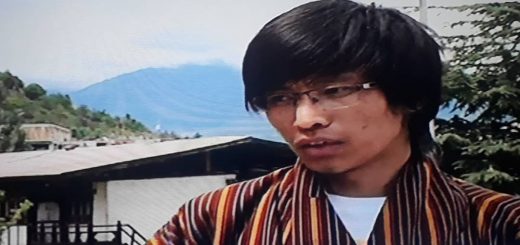
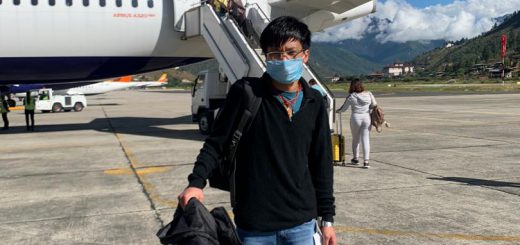

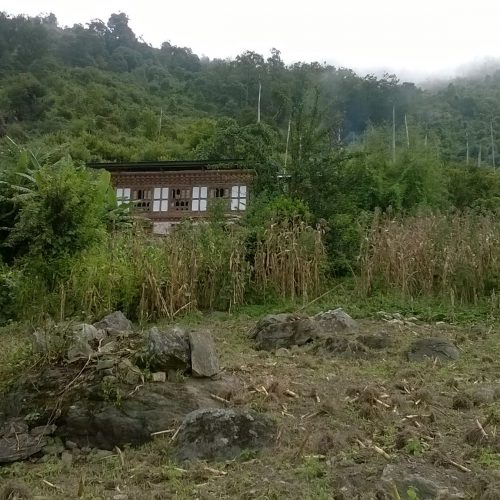
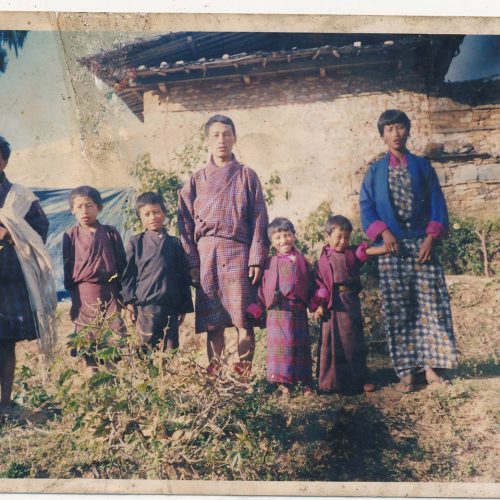
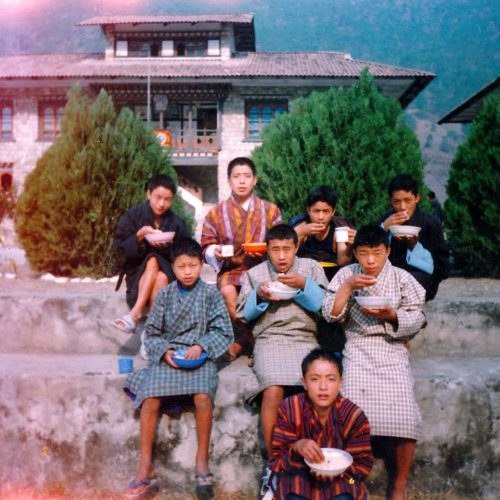
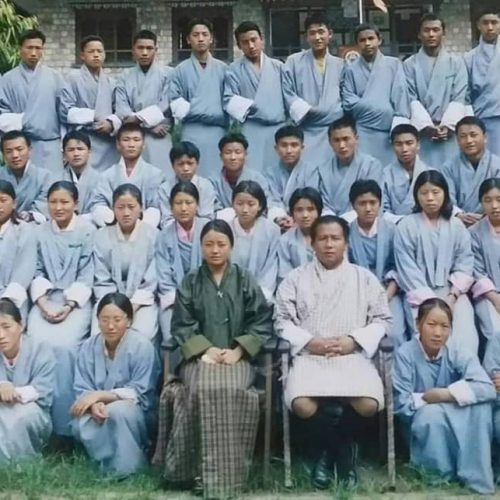

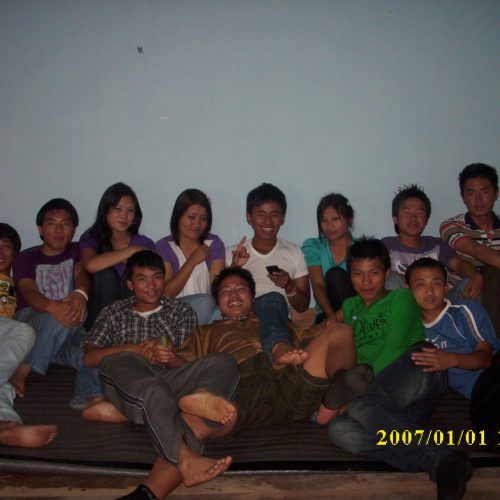
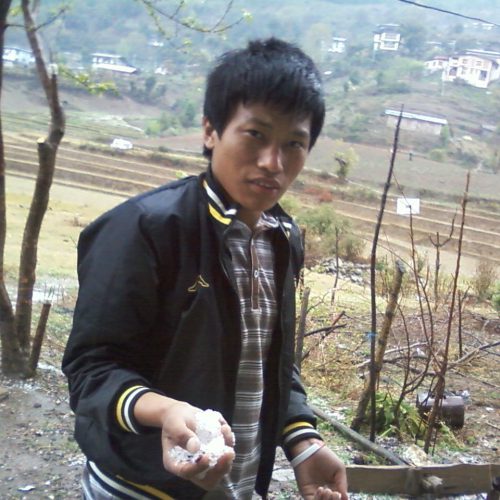
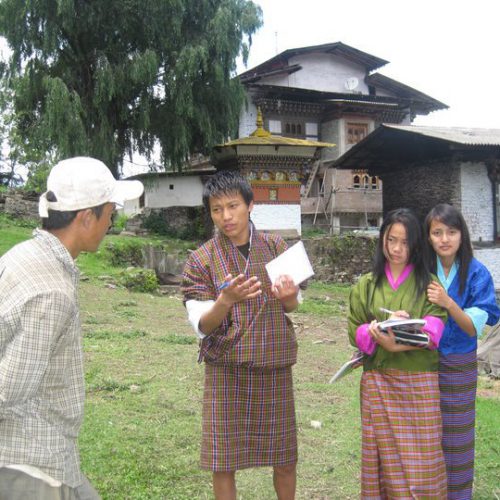
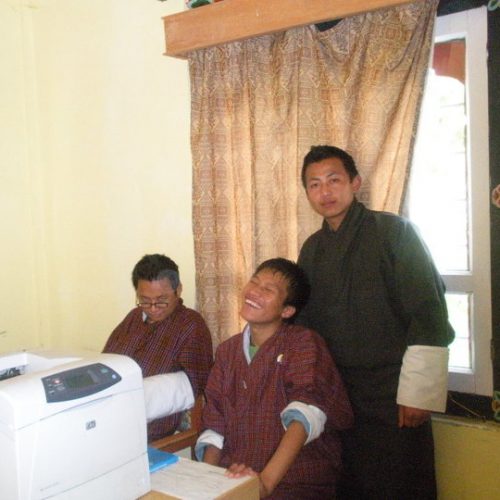
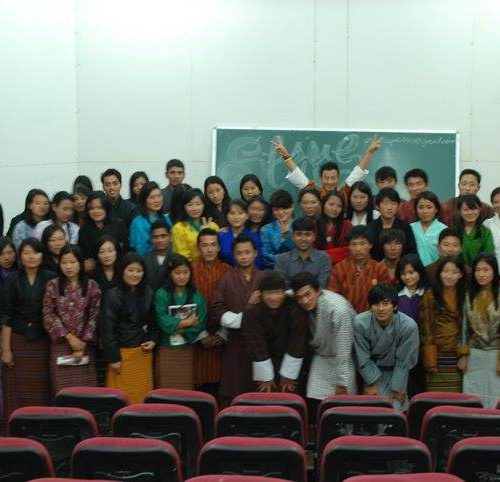
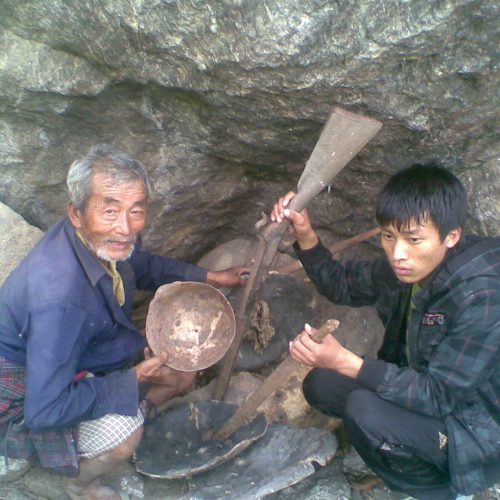
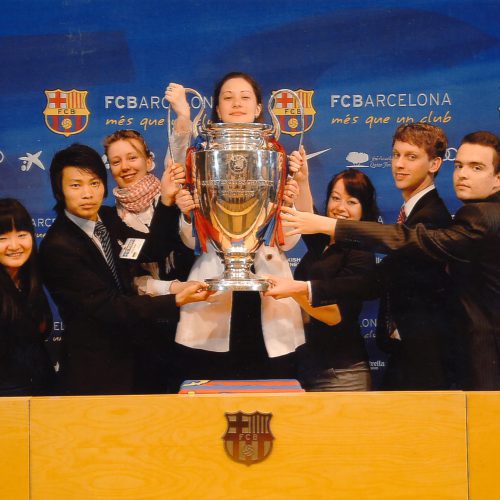


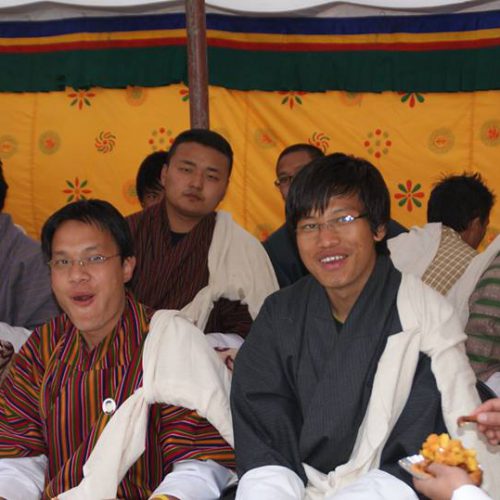
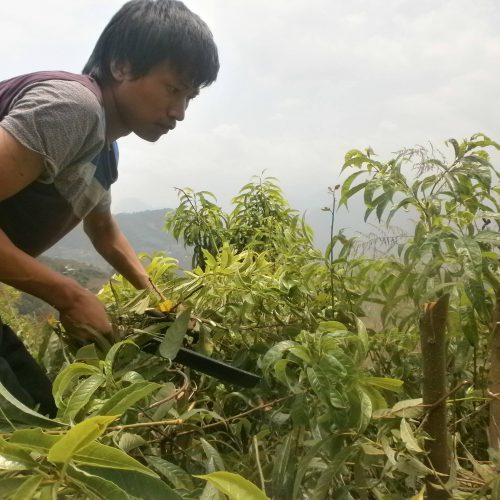
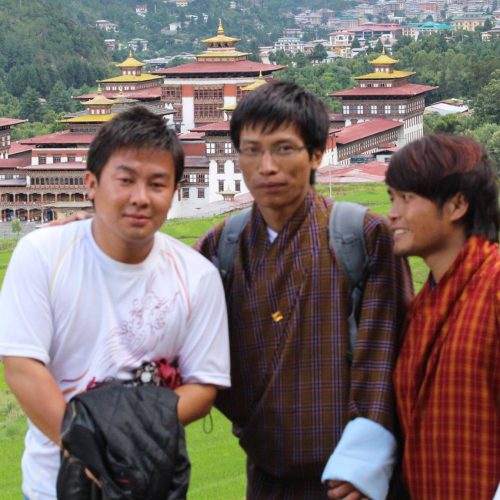
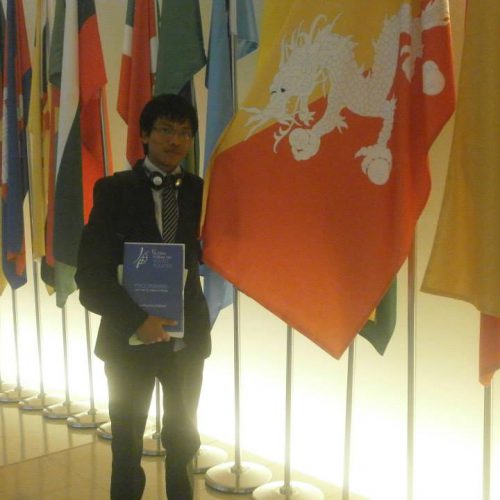
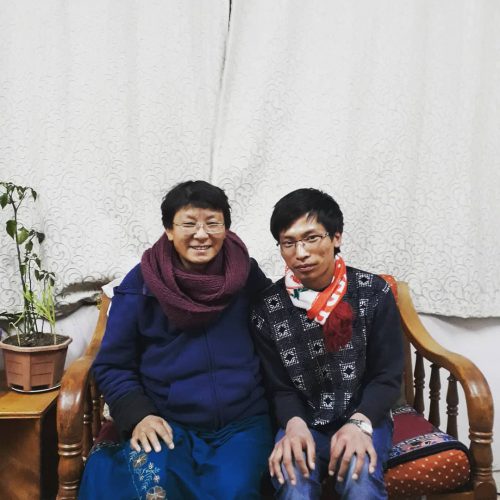
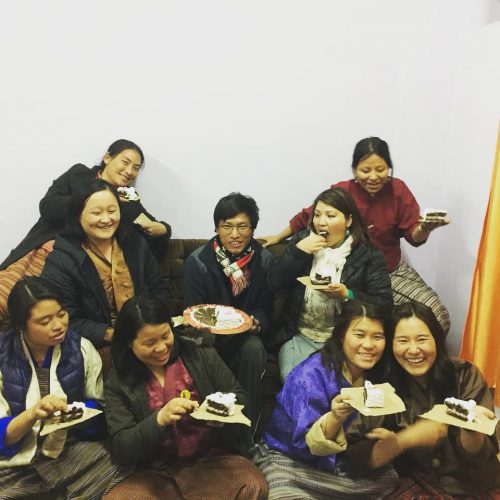

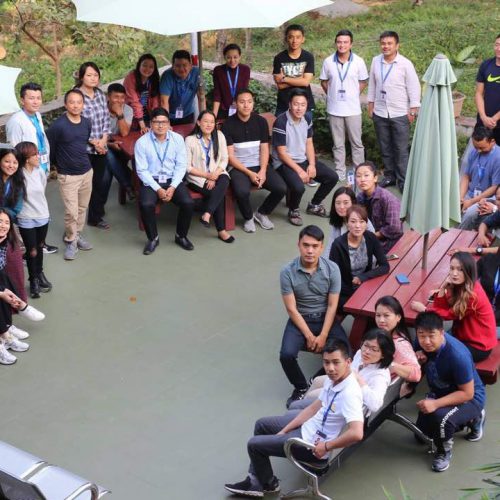
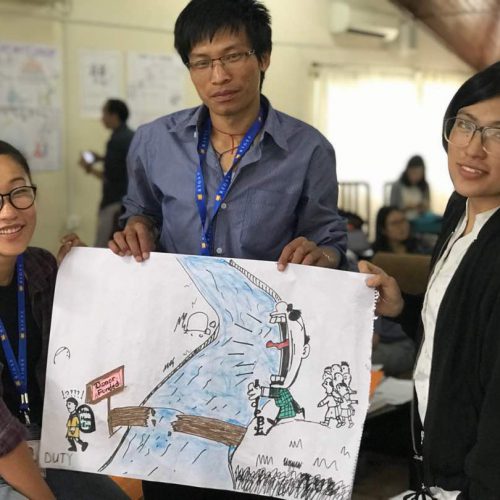
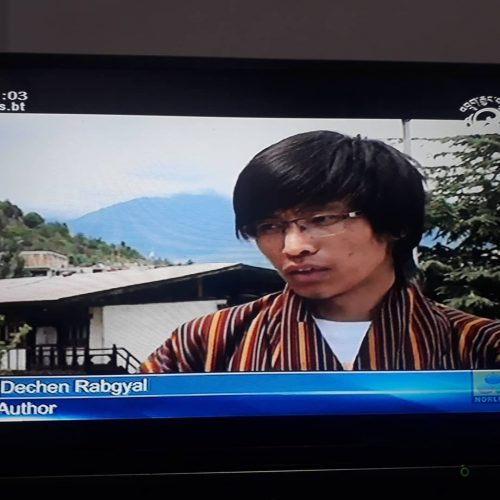
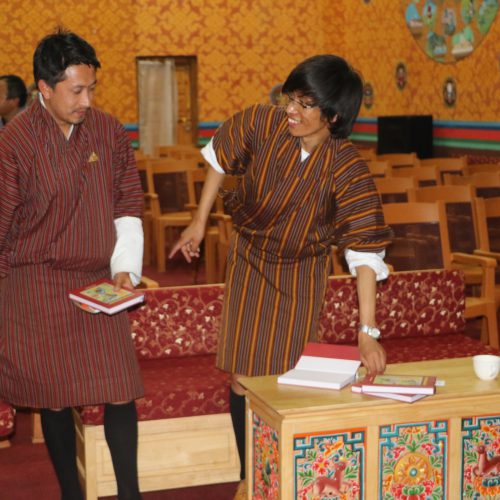

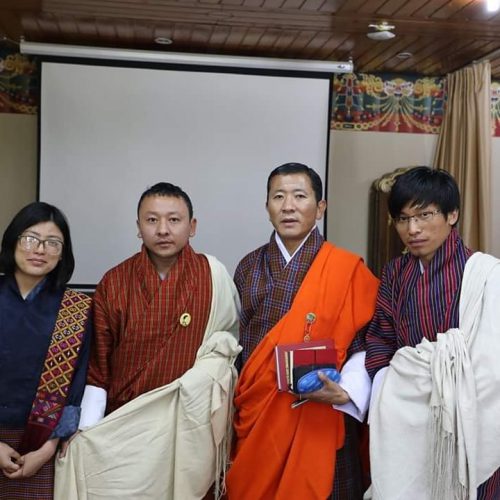
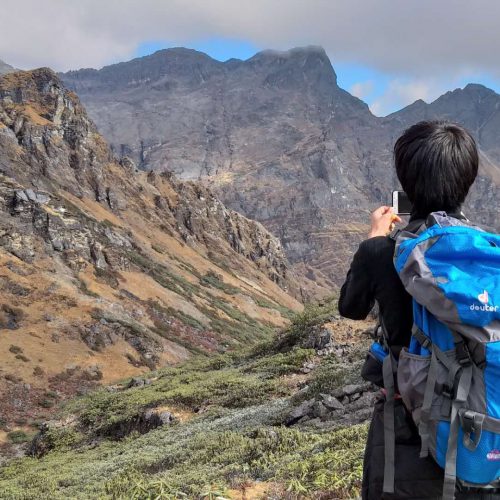
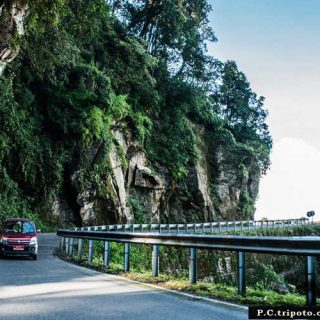
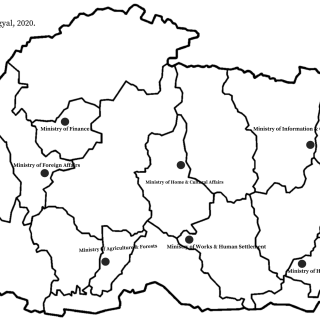

What u said is true as per my understanding.